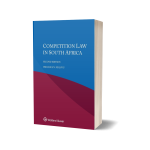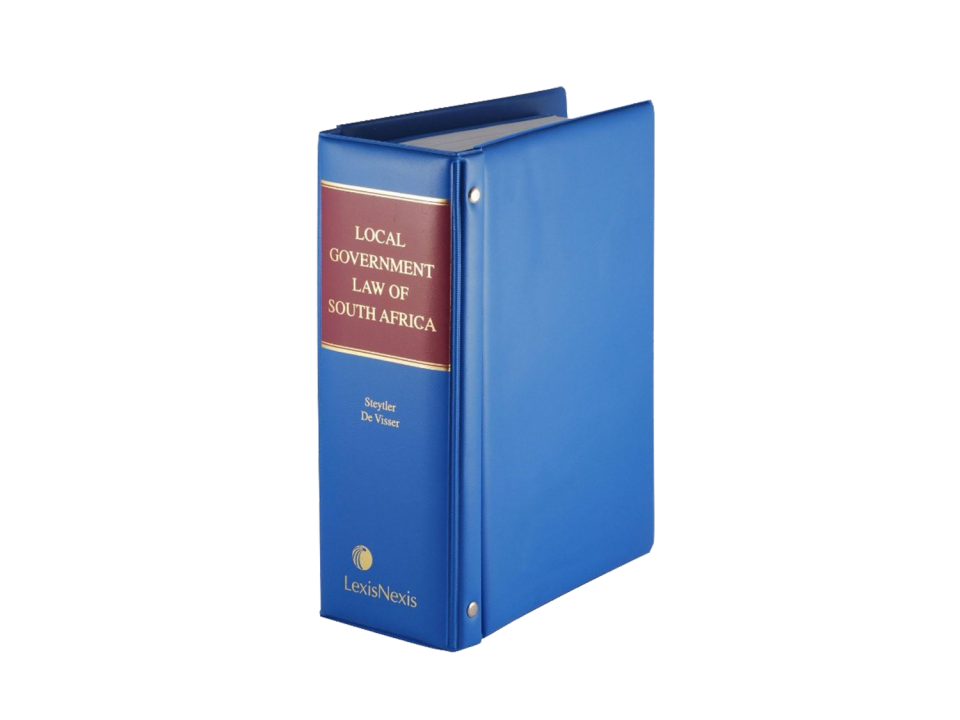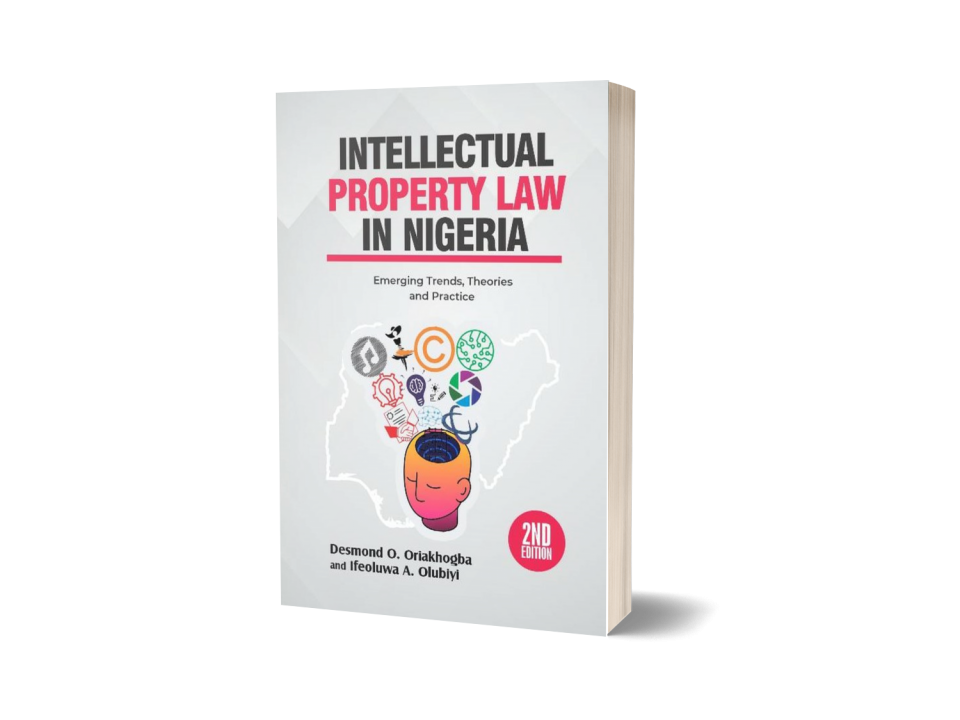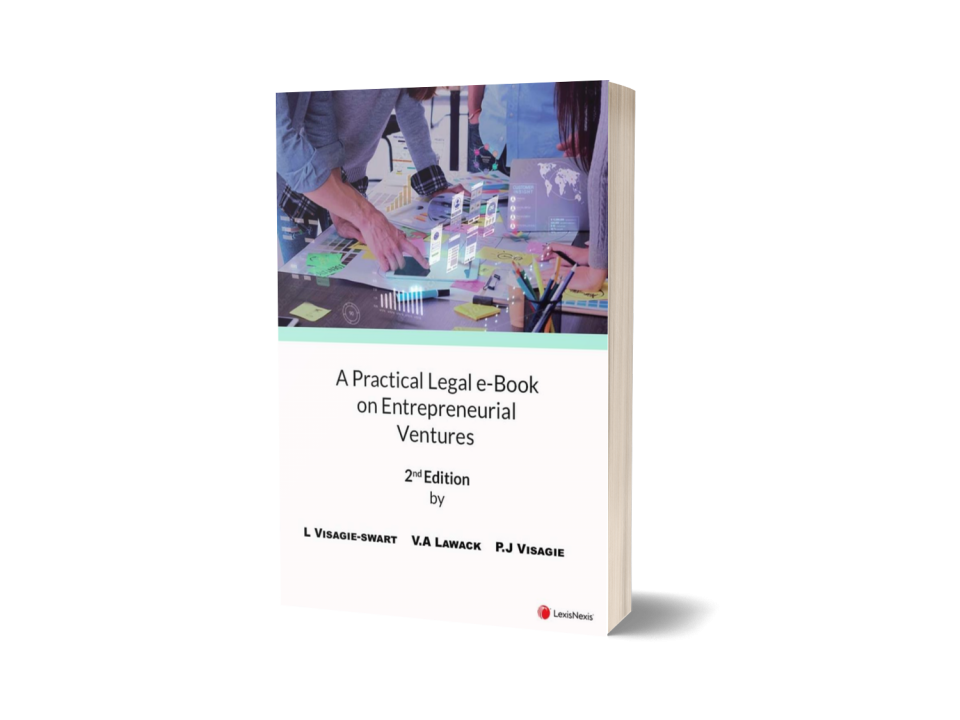Labour Law Through the Cases
Du Toit, Darcy (ed.) (with others) Labour Law Through the Cases Issue 40 (2022) LexisNexis
Labour Law Through the Cases is a subscription based product including both the printed loose-leaf and LexisMobile publications. Updates for 12 months (print and mobile) are included in the price.
Labour Law Through the Cases is a detailed and comprehensive guide to the application of South African labour law.
Extensive commentary examines each principal labour statute, section by section, in light of judgments handed down in South African labour courts.
Each statutory provision interpreted by the courts and arbitrators is subjected to detailed analysis and comment.
Specific issues dealt with in each judgment and award are identified, enabling you to distinguish quickly between rulings that were followed, and thus remain authoritative, and rulings that were rejected.
The authors’ extensive exposition and analysis, together with their authoritative opinions as to which are the better judgments, will alert you to problem areas and help you identify judgments that are more likely to be followed.
Note: The online price varies according to package chosen and number of users. Our sales agents will provide a quote on request.






